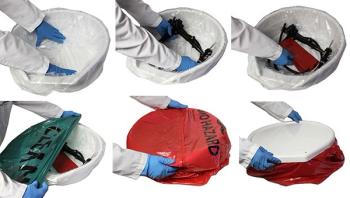
News


How big you are may be as important as what you look like, at least to immune system cells watching for dangerous bacteria and viruses. The size of pathogenic particles and the density of the molecular information stored on them provides additional danger signals to the body's immune system and helps guide the resulting immune response, suggests cellular and animal research published this week in the journal Cell Reports. Understanding these biophysical cues may help vaccine developers fine tune the signals they already knew were being transmitted by the molecular information presented to the immune system.








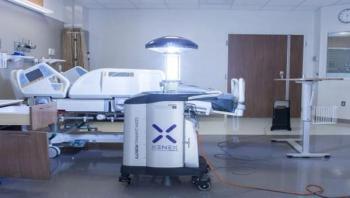

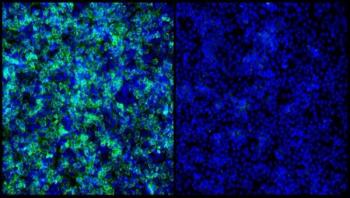
A panel of small molecules that inhibit Zika virus infection, including one that stands out as a potent inhibitor of Zika viral entry into relevant human cell types, was discovered by researchers from the Perelman School of Medicine at the University of Pennsylvania. Publishing in Cell Reports this week, a team led by Sara Cherry, PhD, an associate professor of microbiology, screened a library of 2,000 bioactive compounds for their ability to block Zika virus infection in three distinct cell types using two strains of the virus.



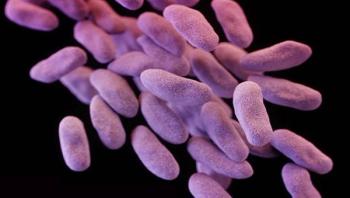
A family of highly drug-resistant and potentially deadly bacteria may be spreading more widely--and more stealthily -- than previously thought, according to a new study from Harvard T.H. Chan School of Public Health and the Broad Institute of MIT and Harvard.
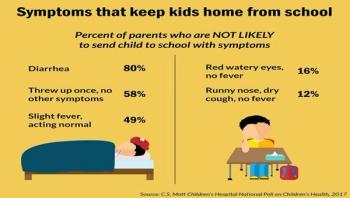
Opinions among parents differ when it comes to how sick is too sick, or the importance of sick day consequences such as parents missing work or kids missing tests, according to a new national poll from the University of Michigan C.S. Mott Children's Hospital National Poll on Children's Health.

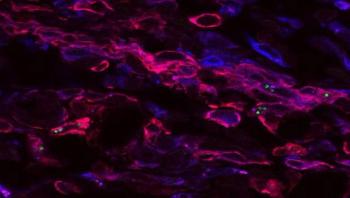
Many infectious diseases are one and done; people get sick once and then they are protected from another bout of the same illness. For some of these infections - chickenpox, for example - a small number of microbes persist in the body long after the symptoms have gone away. Often, such microbes can reactivate when the person's immunity has waned with age or illness, and cause disease again. Now, researchers at Washington University School of Medicine in St. Louis studying leishmaniasis, a tropical disease that kills tens of thousands of people every year, believe they have found an explanation for the seemingly paradoxical connection between long-term infection and long-term immunity. By constantly reminding the immune system what the parasite that causes leishmaniasis looks like, a persistent infection keeps the immune system on alert against new encounters, even while it carries the risk of causing disease later in life, the researchers found.
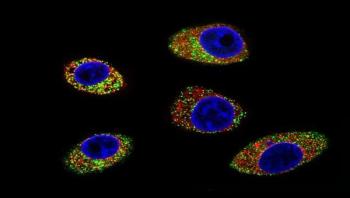
The technique that the hepatitis E virus -- an emerging liver virus historically found in developing countries but now on the rise in Europe -- uses to spread could present a weak spot scientists can exploit to treat the disease, according to a Princeton University-led study. The findings appear in the journal Proceedings of the National Academy of Sciences.


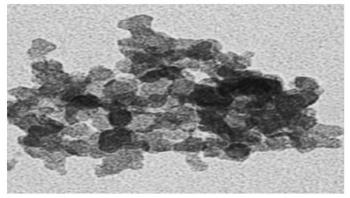
Nanoparticles from combustion engines can activate viruses that are dormant in in lung tissue cells. This is the result of a study by researchers of Helmholtz Zentrum München, a partner in the German Center for Lung Research (DZL), which has now been published in the journal Particle and Fibre Toxicology.



